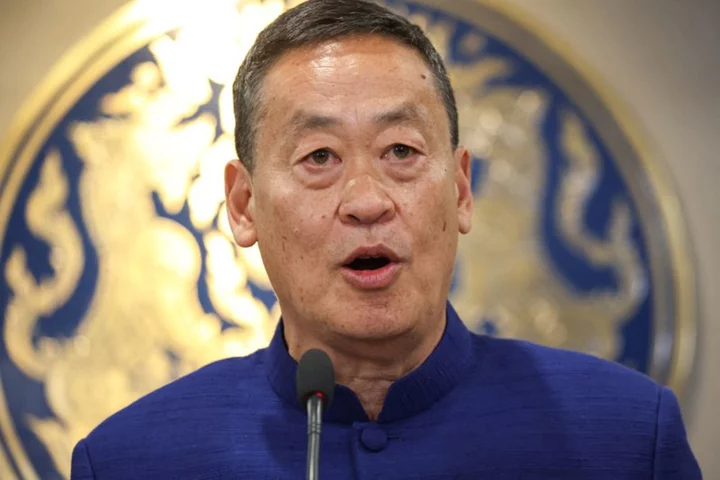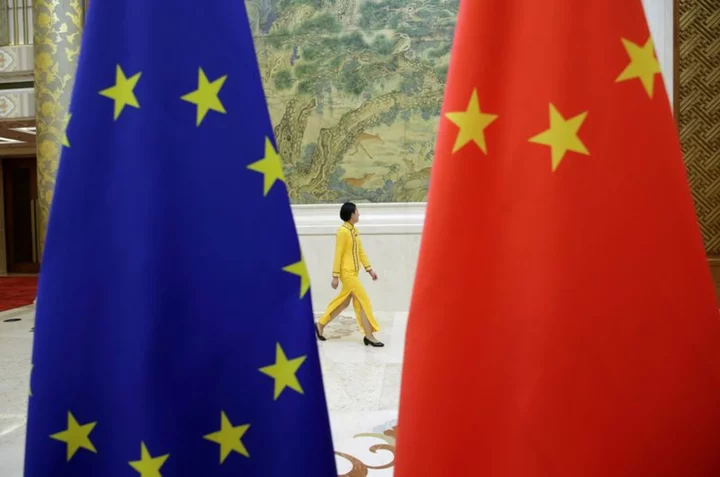BANGKOK Thailand's Prime Minister Srettha Thavisin will on Friday finalise details of the government's $15 billion handout policy, amid growing concerns over its viability and potentially negative impact on Southeast Asia's second-largest economy.
His ruling Pheu Thai Party's signature "digital wallet" policy is expected to be scaled down from an original plan of 560 billion baht ($15.66 billion) to be given to the majority of Thais, at 10,000 baht each, to stimulate a sluggish economy.
The government recently said it would consider reducing the scope of the scheme to apply to 16 million poor people, or to exclude those whose monthly incomes and savings over certain thresholds, which would mean 43-49 million people would be eligible, down from about 56 million.
Economists and some former central bankers have warned the handout plan, with a value equivalent to about 3% of gross domestic product (GDP), could be fiscally problematic and further stoke inflation.
Srettha has been in power for two months and is pursuing policies to cut living costs, control household debt and jumpstart the economy through measures to boost tourism, a key driver of growth while exports struggle from weak global demand.
The plan will be implemented early next year, but the government has yet to detail how it will be rolled out or financed.
Srettha, who is also finance minister, will hold a press briefing on the handout at about 1400 local time (0700 GMT).
A scaling down of the plan, however, could also have an impact on GDP growth next year.
Last month, central bank Governor Sethaput Suthiwartnarueput said the bank's growth forecast of 4.4% in 2024 would be lowered if the handout plan was reduced.
The finance ministry predicts growth of 3.2% in 2024, excluding the effect of the scheme.
($1 = 35.76 baht)
(Reporting by Orathai Sriring; Editing by Martin Petty)









